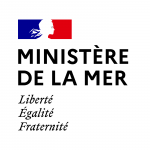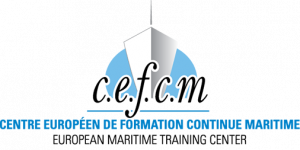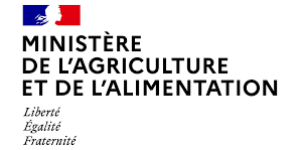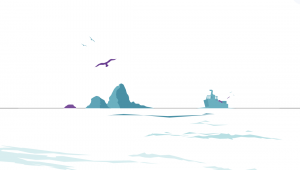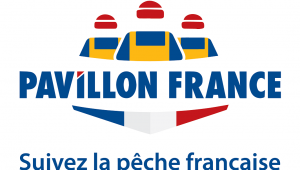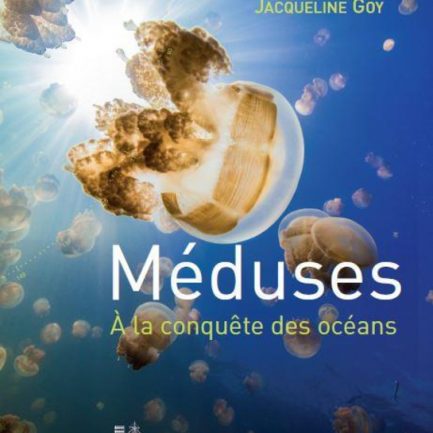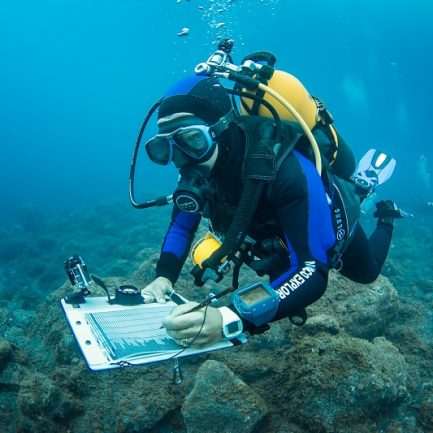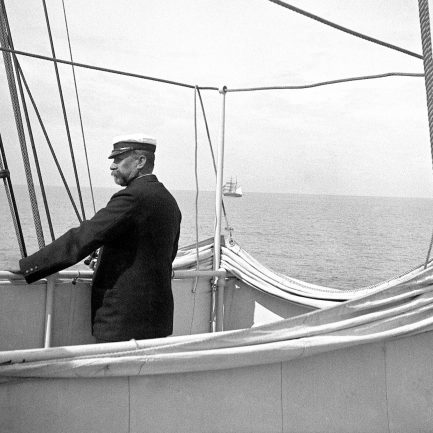Farming the products of the sea
- Home
- Exploiting the products of the sea
#AquacultureTechnician
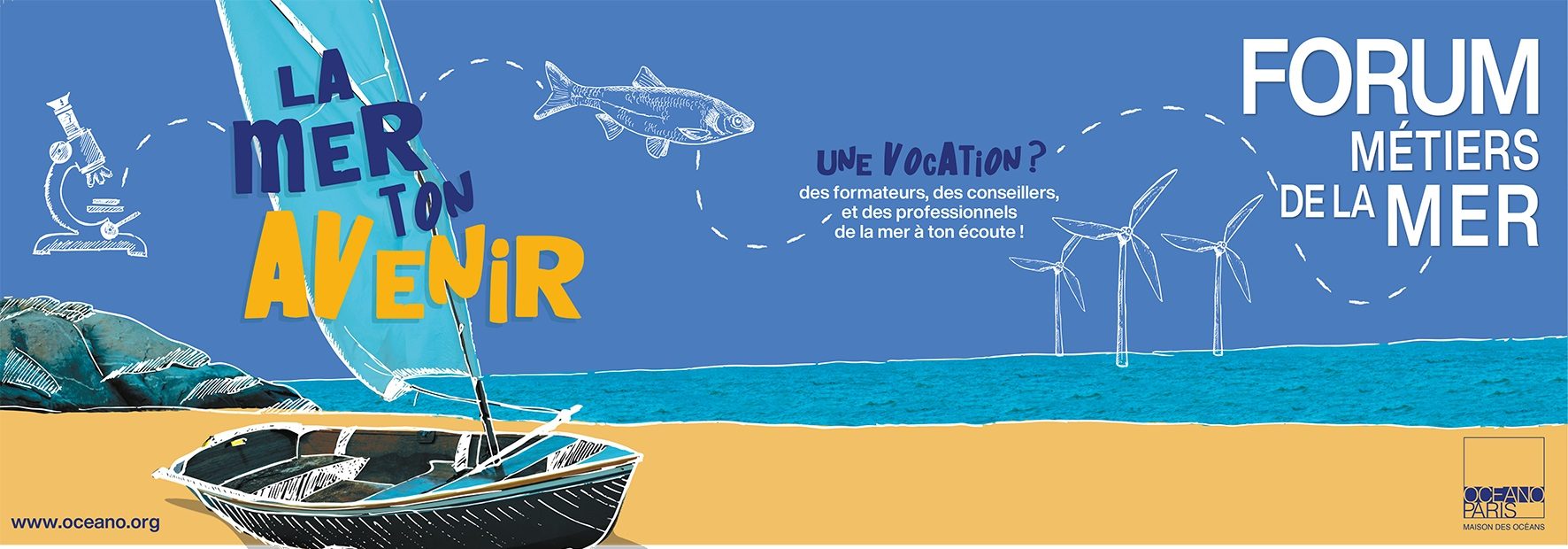
Jean, aquaculture technician
My tasks and activities
“The marine biotechnology company Hemarina has developed oxygen carriers derived from the haemoglobin of a marine worm, called an arenicole. The blood of this marine worm is very useful in medicine, especially for grafts. The Marine Farm in Noirmoutier where I work breeds the worms needed to make it.
I work on various tasks related to the production of marine worms: from the hatchery (broodstock, larvae), to the grow-out and packaging of the worms. I also work a lot with the quality department: as the finished product is intended for patients, I have to record and control everything I do because traceability is essential. I may also be required to perform maintenance on the infrastructure.
If I’ve learned one thing in my job, it’s that you have to be versatile and interested in everything to be able to move forward!”
Training
- Technical framework for the production and development of marine resources – Cnam-Intechmer

Exploiting sea products, which jobs?
Behind the exploitation of sea products, there are several trades and many skills. Each stage from producer to consumer leads to a different sector, with its own trades. The development of seafood products and their processing is part of the agri-food sector.
But the collection or breeding of seaweed and marine animals (seaweed, fish, shellfish, crustaceans…) are practiced by fishermen, aquaculturists, shellfish farmers, seaweed farmers.
These occupations cover different realities depending on the type of fishing practiced or the species raised, the size of the boat or the farm.
These are jobs that require good physical health and versatility.
Which schools and training courses?
In France, it is the maritime and aquaculture high schools and some vocational high schools coordinated by the Ministry of the Sea, which offer appropriate training. You can enter after the third year of secondary school, but there are also organisations that offer continuing education courses, such as the Centre européen de formation continue maritime (CEFCM). Theoretical courses alternate with practical training at sea.
Some agricultural high schools offer training in aquaculture (usually freshwater).







